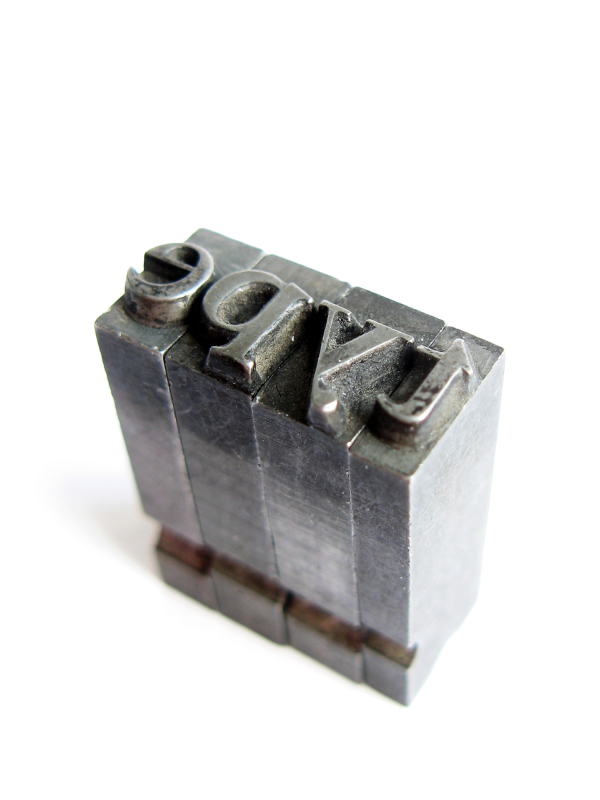When I started out in book publishing, way back in 1997, it was a different world. Authors had been confined to a stable (or a pen if you like) whereby the gate keepers of the industry would selectively provide access to the world in the guise of publishing the book.
What we may forget is that back then there really was no other way, except for one: Self Publishing.
 Self publishing has a long and storied history (no pun intended) that goes back to when mankind first scrawled on a piece of granite with a stone. In fact, one might say that before all the machinations of business took over, self publishing was the original form of disseminating content.
Self publishing has a long and storied history (no pun intended) that goes back to when mankind first scrawled on a piece of granite with a stone. In fact, one might say that before all the machinations of business took over, self publishing was the original form of disseminating content.
Things really got interesting in the 90's. Xerox developed what is considered the first digital printing systems, which allowed documents to be stored electronically and printed when needed. Hence, Print On Demand.
Think of it compared to a copy machine. A copy machine scans your image and prints it one page at a time. It doesn't "remember" each page it scans for long, just long enough to print it. It scans, prints, and forgets in order to make way for the next sheet of paper to be scanned, printed and erased from its memory.
Print on demand is kind of like that, except that you scan a document once. It is saved into memory and can then be printed at any time. Further, digital printing machines can get documents from a network. So just like printing a document to your office printer, you can print a "file" to a digital printing machine that doesn't print the document until you are ready.
This technology is the foundation for the revolution in publishing that has occurred in the last 15 years or so. Print on Demand technology has made it affordable to print books in low quantities, thereby solving the long time problem of printing thousands of books for market using ink-based traditional printing presses.
Self publishing will never be the same, and has come to be viewed in a much different light than it ever had before.
Thanks to such technologies (and don't forget the Internet), an author may now publish their book completely independently of the traditional publisher. There is no gatekeeper in the way. Authors now have great freedom.
And with great freedom comes great responsibility. As such, we've seen a boom in the number of editors offering their services independently.
Where will things go for Self Publishing? Is paper doomed? Maybe, but not for a long, long time. Perhaps e-Books will someday dominate. Or perhaps Self Publishing will move in other directions that we've yet to dream of. But one thing is for sure, self publishing will continue to grow. There's no end in sight because people have a story to tell and knowledge to share. It has gotten easier to do that, and that ease of use will also continue to grow.
__
Photo courtesy of typofi.




